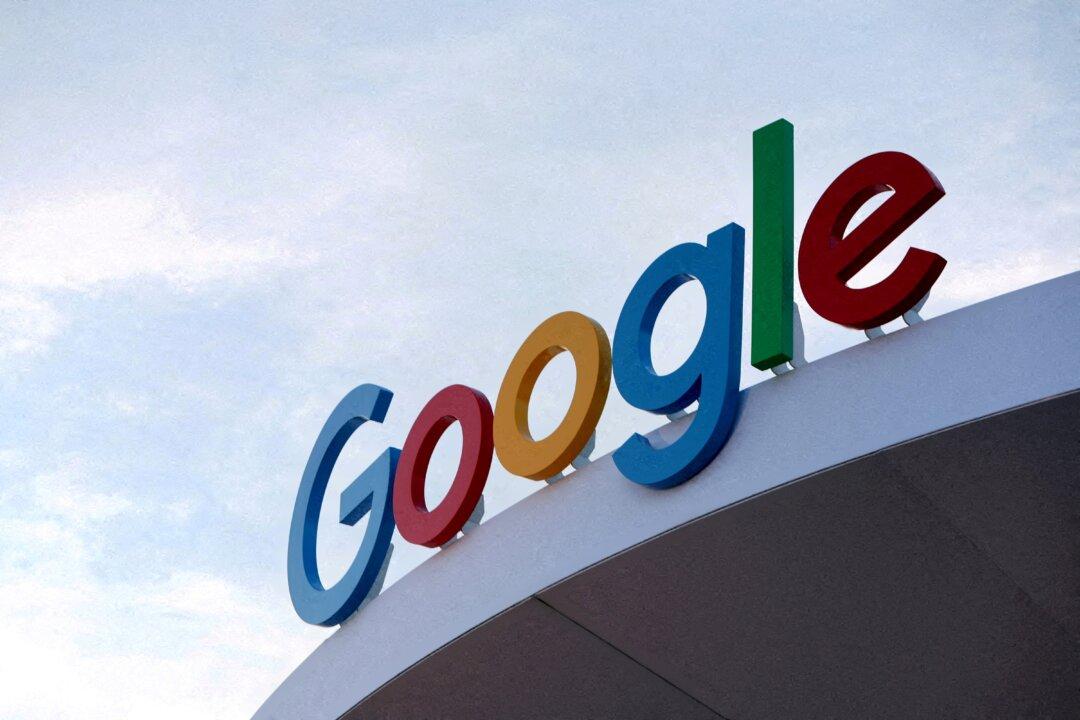A proposed class action lawsuit accusing Alphabet Inc.’s Google of violating multiple laws—including those aimed at protecting children online—can move forward, a California federal judge ruled on June 18.
U.S. District Judge P. Casey Pitts for the US District Court for the Northern District of California denied the tech giant’s efforts to dismiss the claims made by parents who allege their children’s data was collected without their permission.




